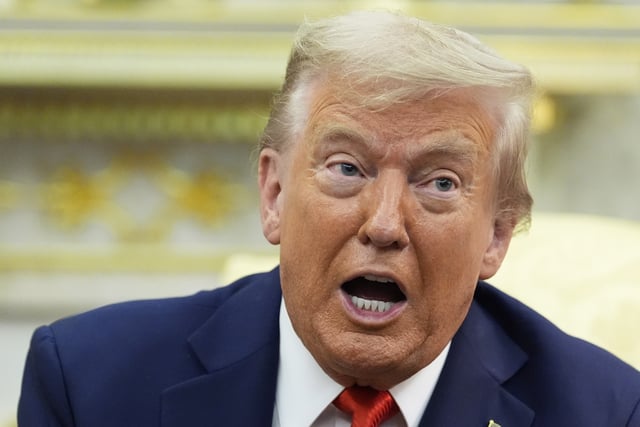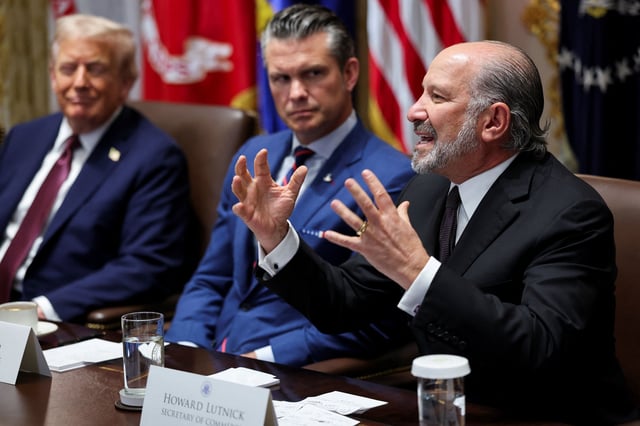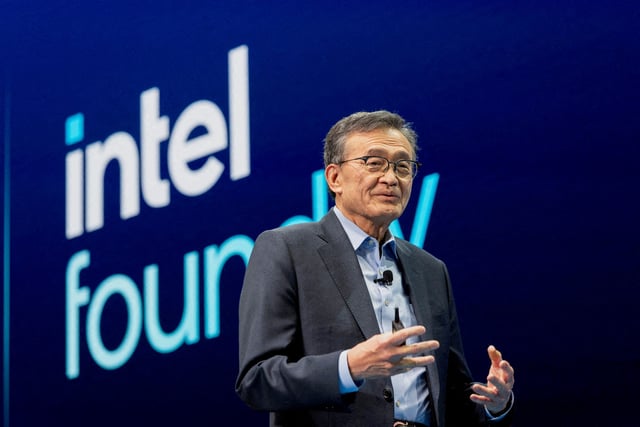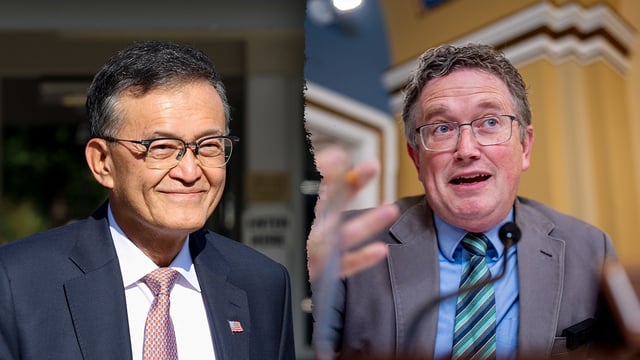Overview
- Washington converted roughly $9–$11.1 billion in prior CHIPS funding into about a 9.9–10% position in Intel, a non‑voting stake that makes the government the company’s largest shareholder.
- Intel disclosed in an SEC filing that the arrangement could constrain future grants, expose it to added regulation, and hurt international sales.
- Commerce Secretary Howard Lutnick and Treasury Secretary Scott Bessent have said more transactions are likely, with Lutnick pointing to potential moves involving Pentagon contractors.
- The step extends a summer campaign of direct interventions that includes a golden share tied to the U.S. Steel sale, a Defense Department stake in MP Materials, and revenue‑sharing deals tied to Nvidia and AMD’s China sales.
- Reaction has split unusual coalitions, with Republicans such as Thom Tillis and Rand Paul warning about state ownership while Bernie Sanders backs seeking taxpayer returns, and policy analysts caution against politicized corporate decisions.



